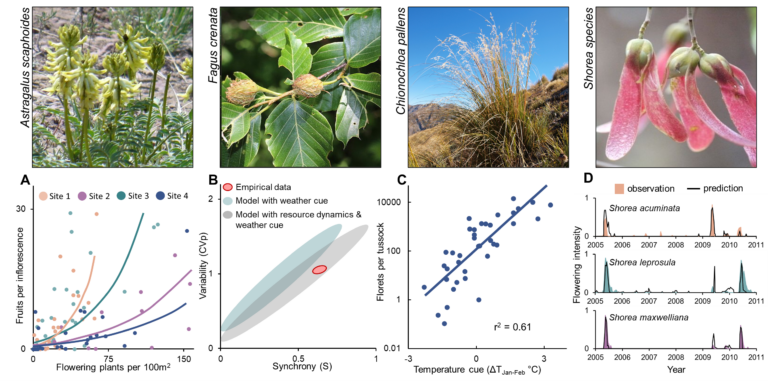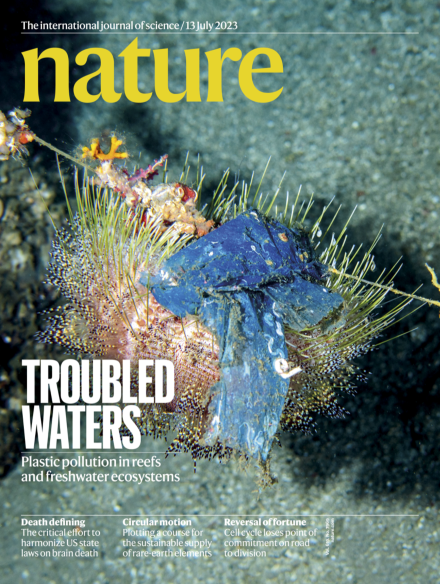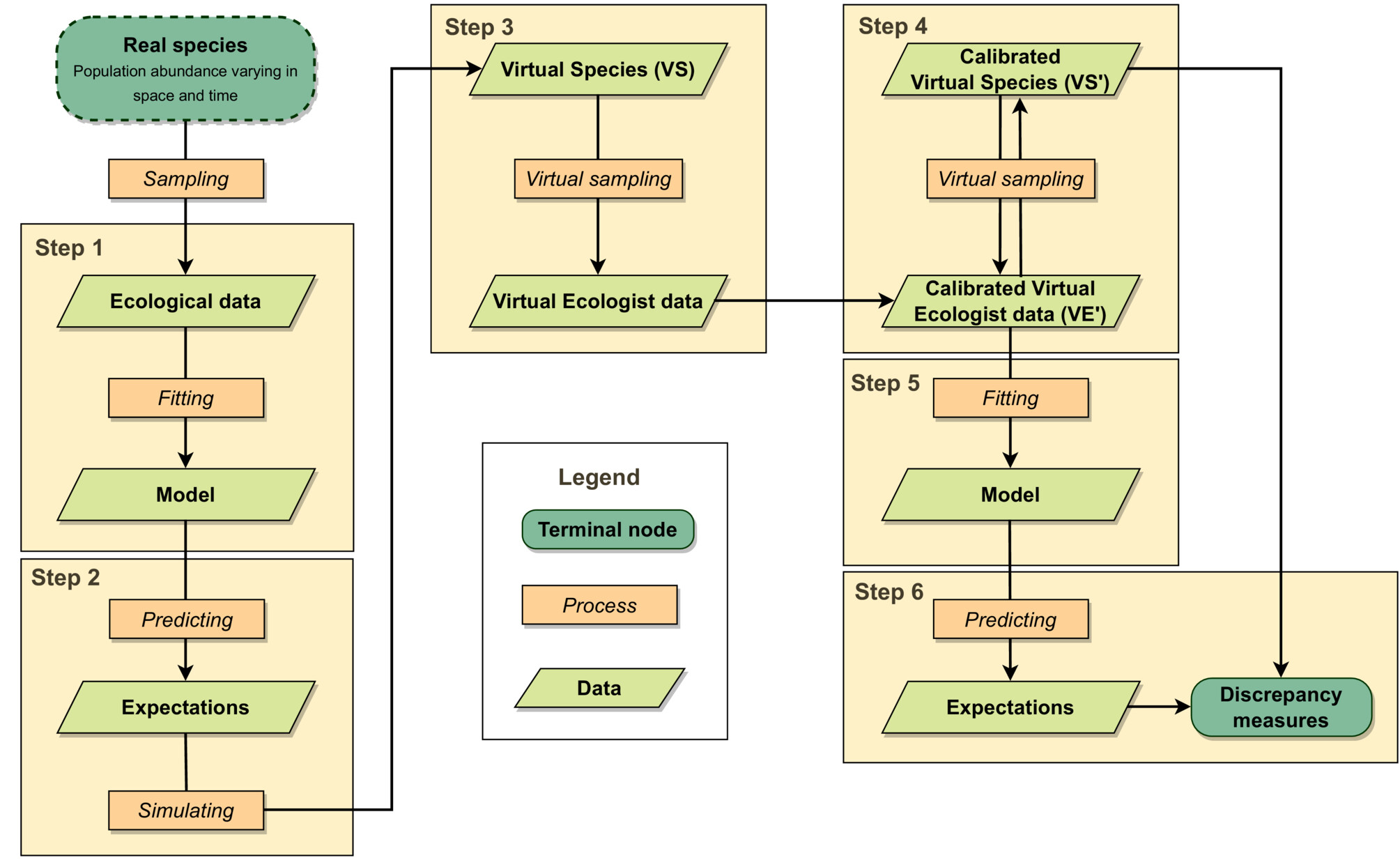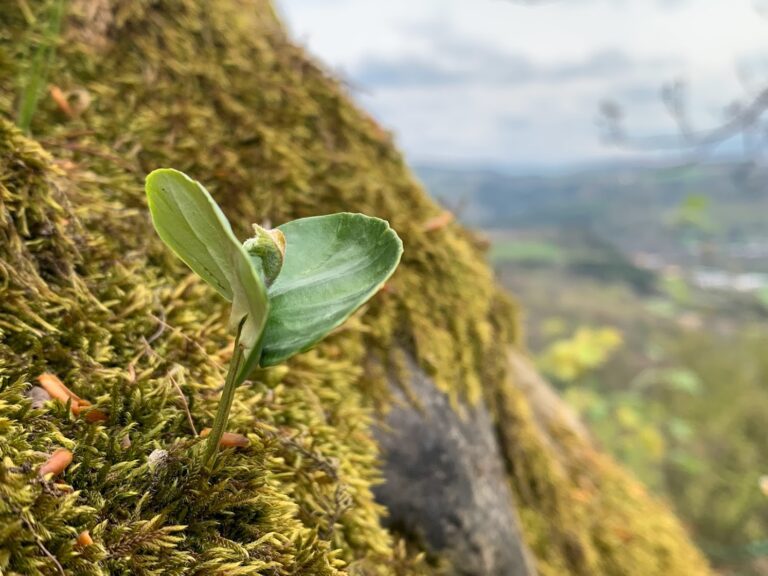30-th Anniversary Scientific Session
Institute of Environmental Biology was established on 1st June 1984, hence this years XII Session (program) was the opportunity to celebrate this! See photos https://envbiol.web.amu.edu.pl/en/30-th-anniversary-scientific-session/








